10 Questions Every Seattle First-Time Home Buyer Asks

Are you looking to buy your first home in Seattle? If so, you're probably excited.
However, you're also likely feeling a little overwhelmed.
With down payment costs, mortgages, taxes, inspections, loan programs, and so on, the process of buying a house can seem especially complex to a first-time home buyer.
Do you need help navigating the process? Are you looking for answers to some common questions?
At Seattle's Mortgage Broker, we've got you covered. Here are the 10 most-asked questions from the first-time home buyers whose loans we’ve helped finance.
1. Where Do I Get A Mortgage?
When looking to obtain a mortgage, there are generally two types of entities that can help you. One of these entities is a mortgage broker. The other is a bank.
Both entities have their upsides and downsides. While a bank might offer a more familiar experience, a mortgage broker will be able to find you better mortgage terms, rates, and underwriting guidelines.
Mortgage brokers also have an advantage over banks in that they generally have access to more than the bank-approved lenders. As such, they can help you find specialized mortgages that wouldn't be found by going through a bank.
Experienced mortgage brokers also possess local knowledge and may help direct you to down payment assistance programs and government loan programs in addition to competitive interest rates.
If a mortgage broker sounds right for you, we can help you secure a loan in just eight days.
2. What Kind of Mortgages Are Available?
There are several types of mortgages available for budding homeowners to pursue, each of which provides something a little different in the way of interest rates, qualifiers, and terms. By taking each into consideration, you put yourself in the position to get the best mortgage possible.
The most common is the conventional fixed-rate mortgage. This mortgage lasts 15 or 30 years and maintains the same interest rate throughout. It generally requires a minimum credit score of 620.
Another option is the adjustable-rate mortgage. This mortgage carries an interest rate which fluctuates over time, making it riskier than the fixed-rate mortgage, but potentially more cost-effective as well.
If you're buying an exceedingly expensive house, you can take advantage of a jumbo mortgage. These mortgages are specifically designed for expensive home purchases.
In addition to conventional loans, there are also a number of government-insured mortgages available, including the following assistance programs:
- FHA loan,
- USDA loan, and
- VA loan.
3. Do I Have to Get Pre-Approved?
While you don't technically need to be pre-approved to purchase a home, you'll find that purchasing a home without pre-approval is a trying process. Some realtors refuse to show homes to buyers who aren't pre-approved, because they don't consider them to be a serious buyer.
If you're serious about buying a home, you should obtain a pre-approval letter. To do so, you'll need to speak with mortgage lenders and fill out an application.
Remember, though, the lender that creates the pre-approval doesn't necessarily need to be the one you end up borrowing from. Once you've put an offer down on your prospective house, you can compare lenders and get a mortgage from whichever lender you prefer.
4. What Do I Need to Get a Mortgage?
To obtain a mortgage, there are a few different documents that you'll need.
Most of these are required for your lender to assess your financial situation. However, others are needed to assess your reliability.
As far as financial information goes, you'll need to provide copies of your tax returns, copies of your paystubs or W-2s, and copies of your bank statements. Generally, two years worth of these documents will suffice (bank statements typically only require two months).
In addition to these documents, you'll also need to supply a photo ID, proof of employment, and a statement of your rental history over the past two years.
Generally speaking, credit history is assessed by the lender on their own. However, in some cases, buyers will need to submit it themselves.
5. How Big Does My Down Payment Need to Be?
The subject of down payments is the root of many first-time buyer questions:
- Are there down payment assistance programs for me?
- Can I get a down payment assistance loan?
- Where do I find options for low down payments?
But the most often asked question to do with down payment help is: Does my down payment really have to be 20%?
Essentially, every mortgage in existence will require you to make a down payment of some kind. However, the size of your required downpayment will vary based on the type of mortgage you're obtaining.
The 20% down payment is traditional and standard for many lenders. However, it's not mandatory. Conventional mortgage loans often come with down payment minimums of 5%. So, if the house costs $750,000, you'll have to pay $37,500 upfront — at a minimum.
Make note, however, that there are some mortgages that come with down payment minimums as low as 3.5%. FHA loans, for instance, can be obtained with a minimum of a 3.5% down payment.
Generally speaking, though, you should expect to pay 5% as the lowest possible option.
6. What Does My Credit Score Need to Be?
A low credit score will influence options for down payments and loan terms. It probably goes without saying that the higher your credit score, the better the mortgage terms available to you.
However, the absolute minimum credit score needed to obtain a mortgage varies based on the type of mortgage you're looking to obtain. Conventional mortgages generally carry credit minimums of 620. However, FHA loans can be obtained with credit scores as low as 500.
If your credit score is low, build it up as much as possible before attempting to take out a mortgage. The higher your credit score, the more loans you'll have available to you, and the greater the terms you'll be able to benefit from.
7. Are There Any Down Payment Assistance Programs For Me?
We teased this question about down payment assistance earlier as one that many first-time home buyers ask, and now it's time to address it.
There are a number of different home buying programs that offer down payment assistance to individuals — some of which are national down payment assistance programs and some of which exist only at local levels. So, yes, a down payment assistance program may be available to you.
For instance, FHA loans are technically buyer assistance loans designed to help lower-income individuals with down payment assistance to purchase their first homes. These, along with USDA loans, are the best examples of federal down payment assistance.
Local buying assistance programs vary wildly from municipality to municipality. Whereas some are offered by counties, others are offered by towns or cities. The majority of these programs are to provide down payment assistance, specifically.
8. What Fees are Included in a Home Purchase?
When buying a home, you're not just paying a down payment and making conventional loan payments. There are a variety of other fees — in addition to a down payment and conventional loan payments — that are required as well.
Generally included in a mortgage payment are homeowner’s insurance, property taxes, and — in some cases — mortgage insurance (more on this later).
If you buy a condo then you’ll have Homeowners' Association fees that need to be paid as well. Altogether, these expenses add up to several thousands of dollars every year and a portion of them are collected at closing.
There are also the one-time payments that you must make during the initial transaction to buy your home. These include appraisal fees, closing fees and an inspection fee (optional).
9. What is Private Mortgage Insurance?
Private mortgage insurance or PMI is insurance levied against all mortgage holders who haven't made at least a 20% down payment.
This insurance is used to protect the lender in the event that you're unable to make payments on your home.
It costs between 0.125% and 1% of the entire loan and must be paid on an annual basis. So, if your loan is for $700,000, and your down payment was less than 20% of the total purchase price, you would be required to pay an additional $875 to $7,000 every year.
However, the PMI drops off after you own 20% equity in your home. So, while paying less than 20% upfront will hurt you, it will eventually be alleviated.
10. How Much House Can I Afford?
The amount of house you can afford is based on a number of factors. Not only does your income come into play, but the amount of debt you carry as well.
Your credit score can also make a difference, as it directly affects the interest rate you'll receive on your mortgage. The higher the interest rate, the higher your monthly payments.
As a general rule, it's recommended you spend no more than 45% of your pre-tax income on housing. For example, if you earn $120,000 a year, you should spend no more than $54,000 on mortgage payments. This comes out to around $4,500 a month and includes both property taxes and insurance as well.
Of course, everyone has a different budget, so this rule isn't realistic for every individual. Some will spend well below 45% of their income on housing, while others will spend well over it.
Ultimately, the goal is to purchase adequate housing without constricting other aspects of your life. You still need to pay for food, loans, utilities, insurance, emergencies, taxes, and transportation. Plus, you'll want to save some of your money for retirement.
The key is to sit down and create a detailed budget. This will give you a clearer picture of your financial situation and will help you establish the right housing budget.
When figuring out that budget, the mortgage maximum given to you by your lender is not the figure you want to live by. This figure is typically far greater than what is recommended, sometimes by as much as $150,000.
In the end, it's always your responsibility to make a sound financial decision.
Seattle's Mortgage Broker Has the Answers to All Your First-time Home Buyer Questions
There is no shortage of first-time home buyer questions to be asked.
The questions above are only some of the ones we've been asked in our 15+ years helping people finance their first home. If you would like to read more of our frequently asked mortgage questions, take a look here.
And if you have any other pressing questions to ask, reach out to us today.
Not only can we help you answer the questions you need answered, but we'll also work with you to secure the best possible home loan — in as little time as possible.
By this time next week, you could be closing on a loan for your first home in Seattle.
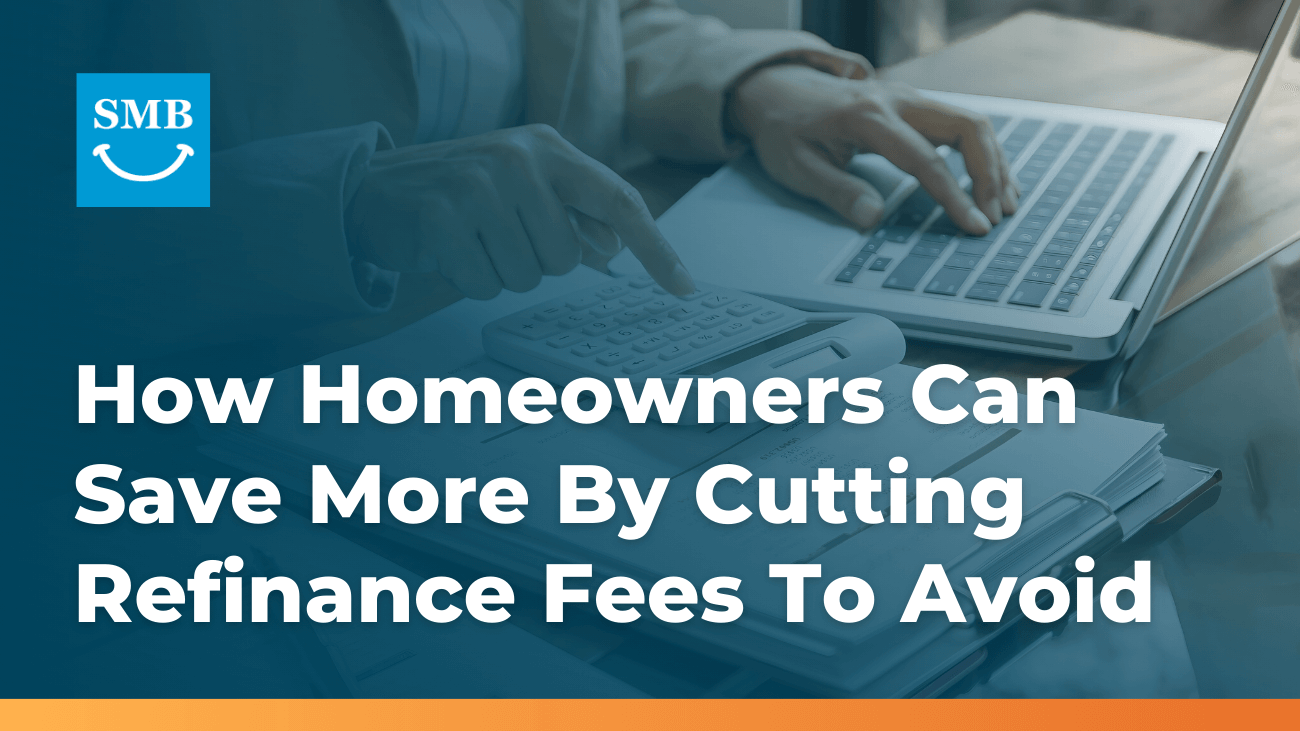
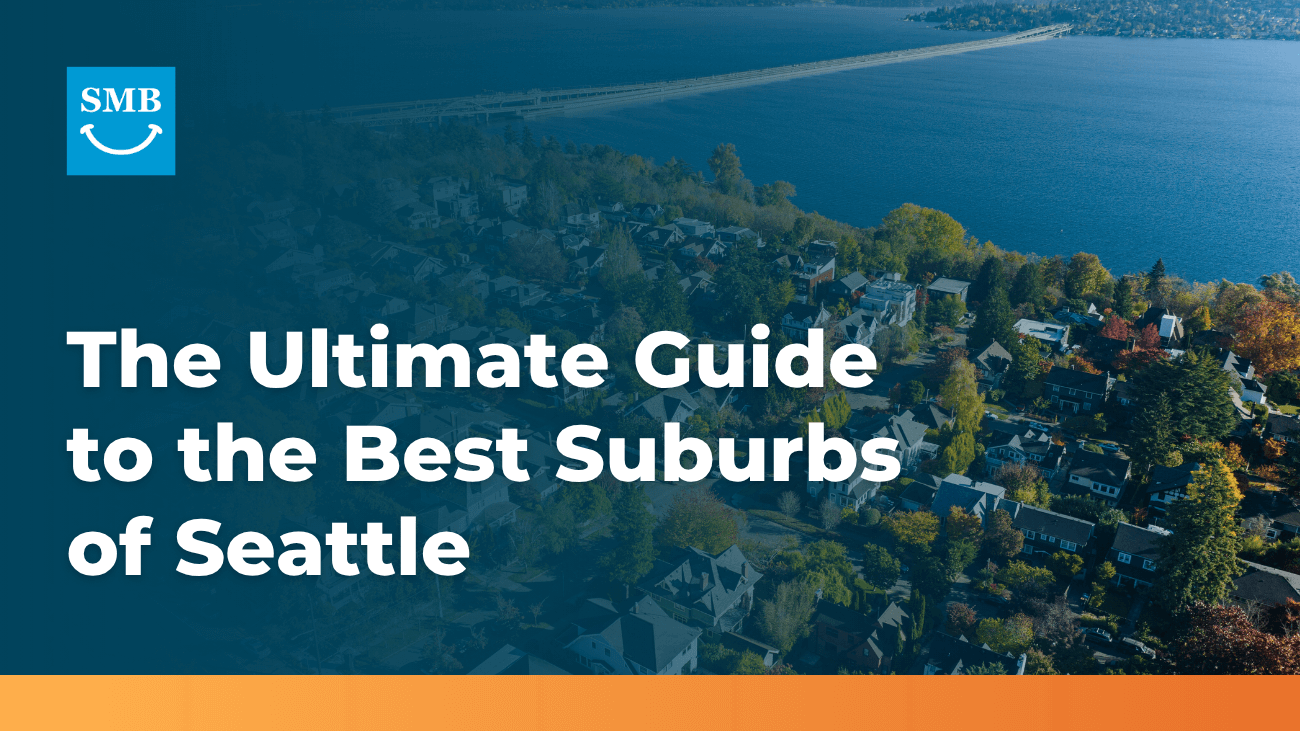
The Ultimate Guide to the Best Suburbs of Seattle
Should You Use a Mortgage Broker? Everything You Need to Know First
How to Find the Right Neighborhoods in Seattle for Your Budget and Lifestyle

Warrantable vs. Non-Warrantable Condos: What Every Buyer Needs to Know Before Financing

How Much Does It Cost to Refinance a Mortgage in Seattle? A Homeowner’s Guide
.png)
How Often Can You Refinance Your Home?
.png)
The Complete Guide to For Sale By Owner (FSBO) in Seattle

10 Questions Every Seattle First-Time Home Buyer Asks

What is a Non-Warrantable Condo?

Ultimate Seattle Mortgage Loan Documents Checklist
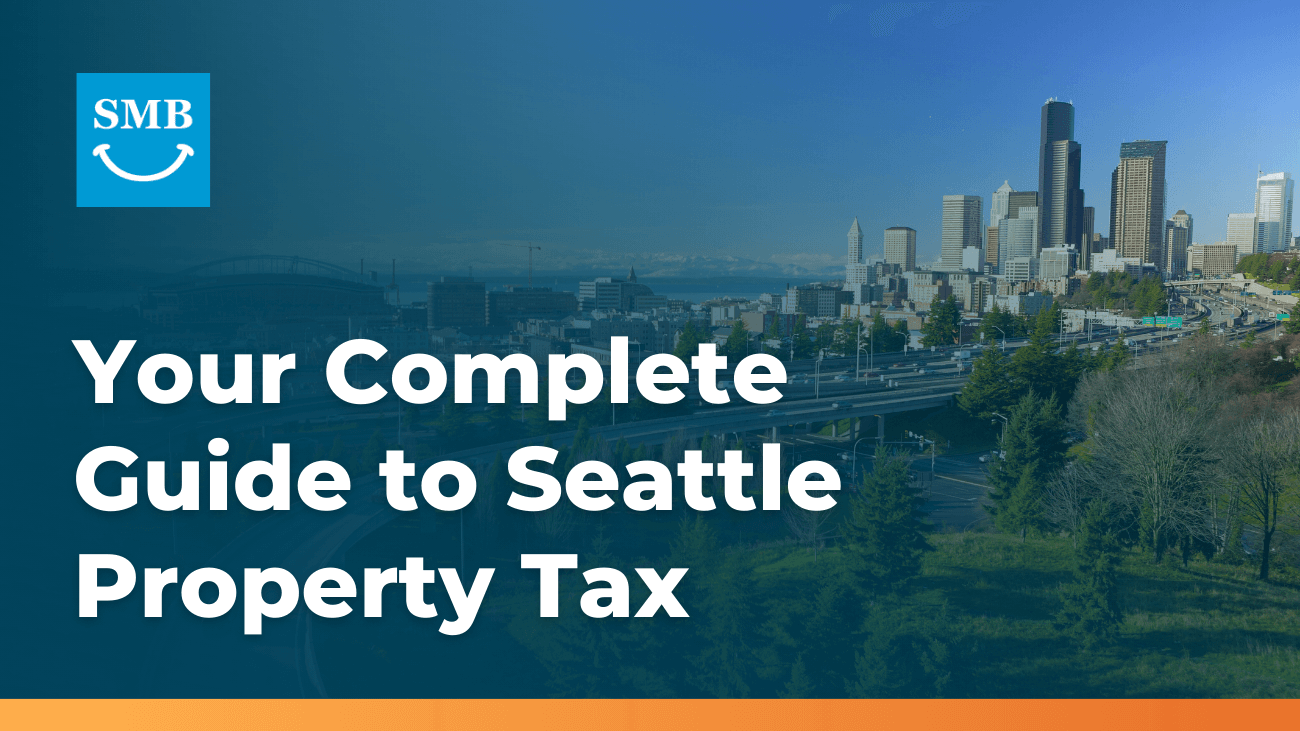
Your Complete Guide to Seattle Property Tax

Why You Should Work with a Mortgage Broker

Where to Find the Best Local Mortgage Broker

Where Are The Best Places To Live In Seattle?

What’s the Best Way to Save Money for a House in Seattle?

When is the Best Time to Refinance a Home?

What is the Jumbo Loan Limit in Seattle 2020?

What You Need to Buy a House in Seattle

What Is a Jumbo Loan and will you need one when moving to Seattle?

What is the Jumbo Loan Limit in Seattle?

What Is A Non-Warrantable Condo?

What is the Best Down Payment Amount on a House in Seattle?

What is PMI Mortgage Insurance? And Why It Is Not As Bad As You Think

What Is A Cash-Out Refinance?

What do Home Loan Underwriters Look For?

What Down Payment Do I Need for a House?

What Are The Costs of Buying a Home?

What Are The Best Neighborhoods In Seattle For Families?

FAQ: What Are the VA Home Loan Requirements?

WEST SEATTLE JUNCTION ; Seattle Neighborhood Tour

What are RSUs and How to Spend Them

Understanding Mortgage Down Payments

Top 5 Seattle Suburbs to Buy In 2021

Understanding Down Payments in Seattle

The Ultimate Mortgage Document Checklist
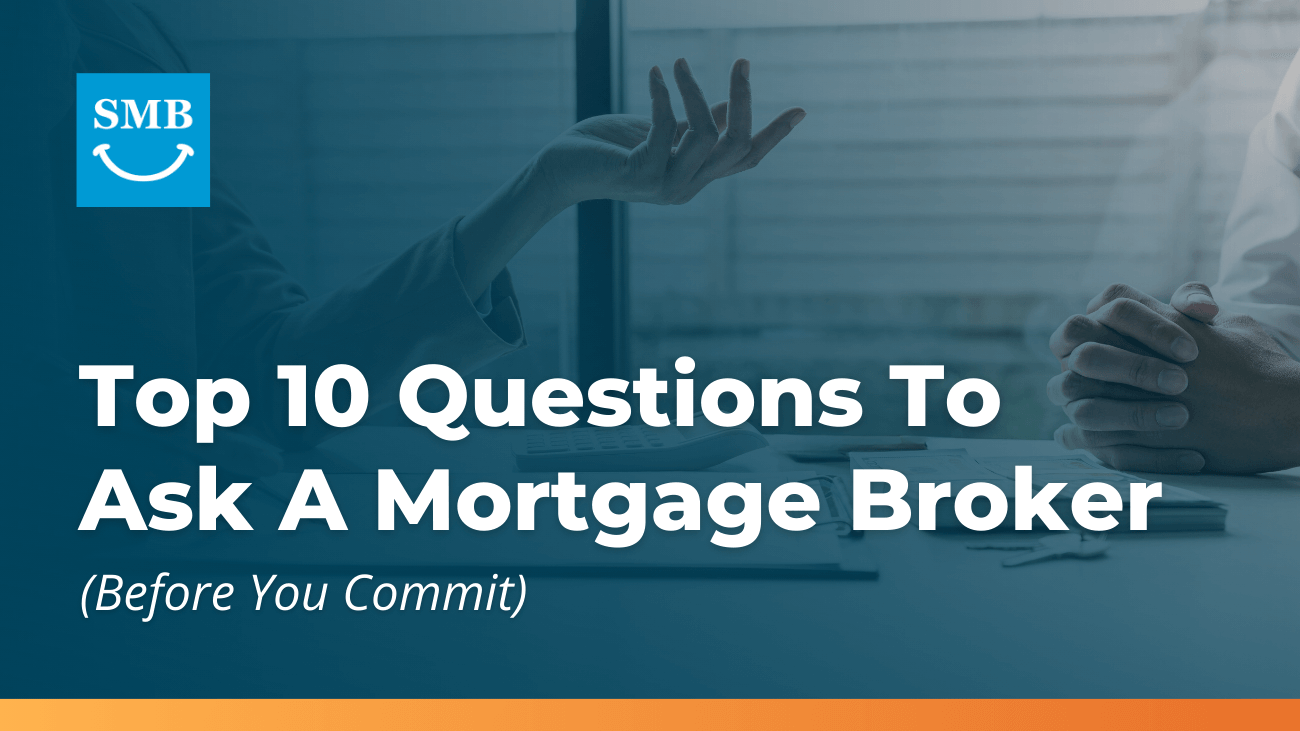
Top 10 Questions To Ask A Mortgage Broker (Before You Commit)

The Worst First-Time Homebuyer Mistakes

The Top 5 Seattle Suburbs for 2020

The Best Seattle Neighborhoods in 2020

How to Find the Best Mortgage Refinance Companies in Seattle

The Best Seattle Neighborhoods for Families

The Best Neighborhoods in Seattle to Buy a Home

The 7 Best Seattle Suburbs for Families

Seattle Neighborhood Guide: The Top 10 Most Affordable Places To Live In Seattle

SOUTH LAKE UNION ; Seattle Neighborhood Tour

Seattle Summer Housing Market Guide 2020

Seattle Housing Market Update 2020

Seattle Housing Market Hacks

Save Money When Buying a House in Seattle

Save Money on Your Mortgage Refinance

Moving to Seattle with a Family? Here's the BEST Suburbs For You!

Refinancing To Reduce Your Bills and Increase Available Cash

Neighborhoods in Seattle to Buy a Home 2020

Real Estate Trends in Seattle

Mortgage Down Payments in Seattle

MAGNOLIA ; Seattle Neighborhood Tour

Mistakes to Avoid with Cash-Out Refinance

How to Refinance Your Home in 9 Steps

Jumbo Loan Limit vs Conforming Loan Limit in Seattle for 2021

KIRKLAND ; Seattle Neighborhood Tour

Jumbo Loan Limit in Seattle for 2021

ISSAQUAH ; Seattle Neighborhood Tour

Is My Credit Score Good Enough to Buy a House?

How to Buy a House; Home Buying 101

How to Lower Your Monthly Mortgage Payment

How to Get the Best Rate for Your Home Loan

How to Buy a House for Less

How Much Home Can I Buy in Seattle?
How Much Do You Really Need for a Down Payment in Seattle?

How Much Home Can I Afford?

Home Price Forecast for Seattle 2020

How Hot is the Seattle Real Estate Market?

How Hot is the Seattle Real Estate Market in 2022?

Home Inspection Questions You Need to Ask

Do You Need a Realtor to Buy a House in Seattle?

FHA vs. Conventional Loan: Which Mortgage Is Right for You?

Find the Best Mortgage Lender for Your Home Loan

Federal Housing Administration Loans 2021

Down Payment Requirements in Seattle

FACTORIA and SOMERSET ; Bellevue Neighborhood Tour

Everything you Need to Know About Seattle Jumbo Mortgages

Everything You Need to Know About VA Loans

Advice To A First Time Home Buyer: Down Payment Assistance Programs Exist for Millennials

CROSSROADS ; Bellevue Neighborhood Tour

Down Payment 101: How Much Money Do I Need to Buy a House?

COVID-19 Mortgage Help for Homeowners

Comparing ARM vs. Fixed Rate Mortgage

Can I Afford To Buy A Home In Seattle?

Choosing the Best Lenders for Home Loans
How to Use Restricted Stock Units to Buy a Home in Seattle

ARM v. Fixed Mortgage: Which is Right For You?

Ballard or Queen Anne? The Best Neighborhoods of Seattle to Buy a House

Avoiding the Worst Seattle Mortgage Lenders

Are You Buying a House in Seattle? Here’s the Ultimate Survival Guide
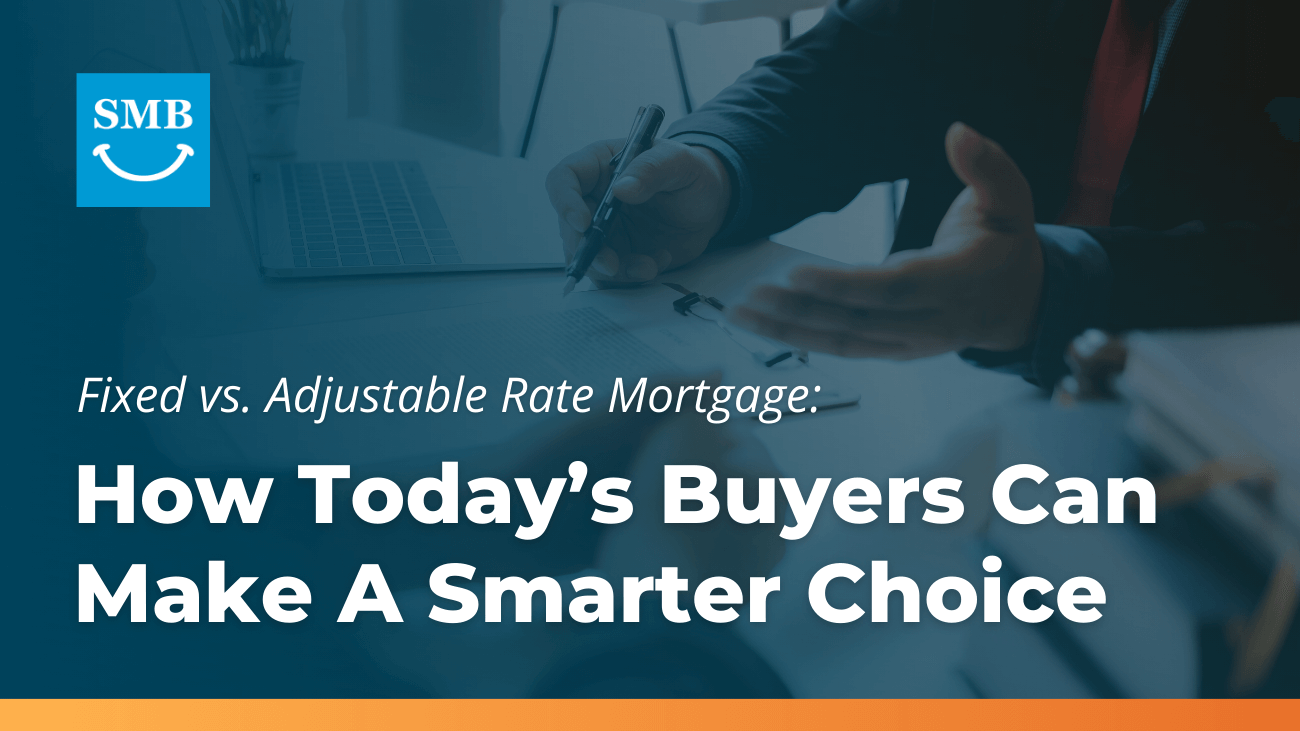
Fixed vs. Adjustable Rate Mortgage: How Today’s Buyers Can Make A Smarter Choice

ALKI BEACH ;; A Seattle Neighborhood Tour

A Complete Guide to Refinancing Your Home Loan

8 Ways to Lower Your Mortgage Payment


















